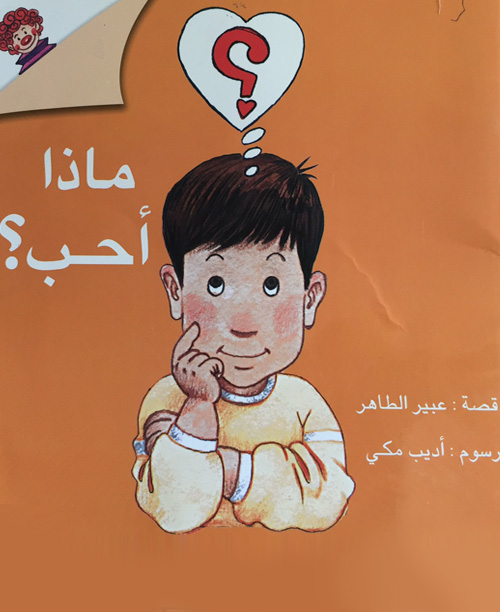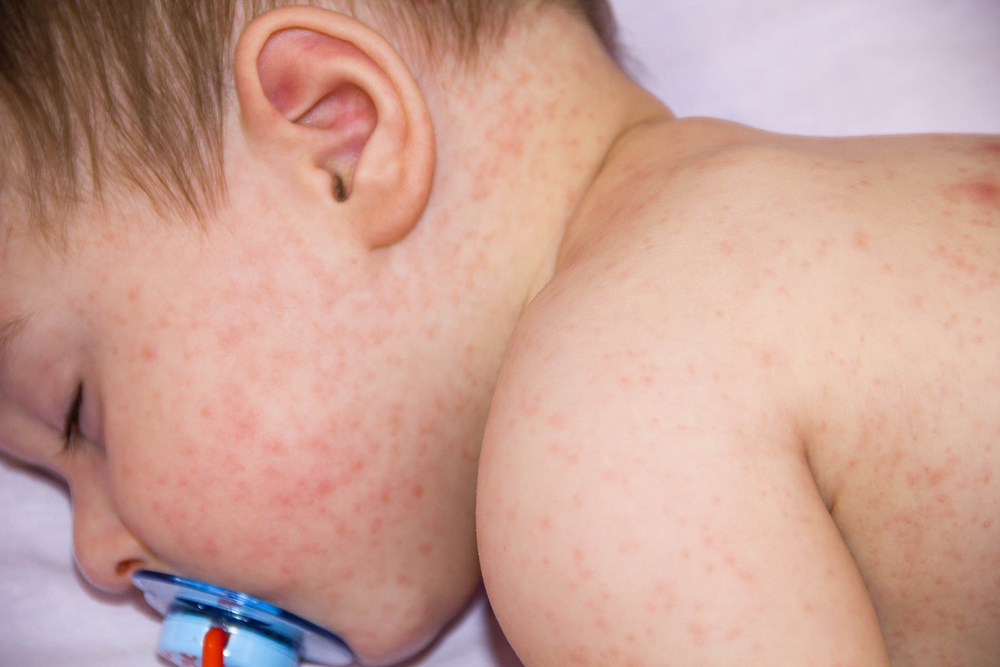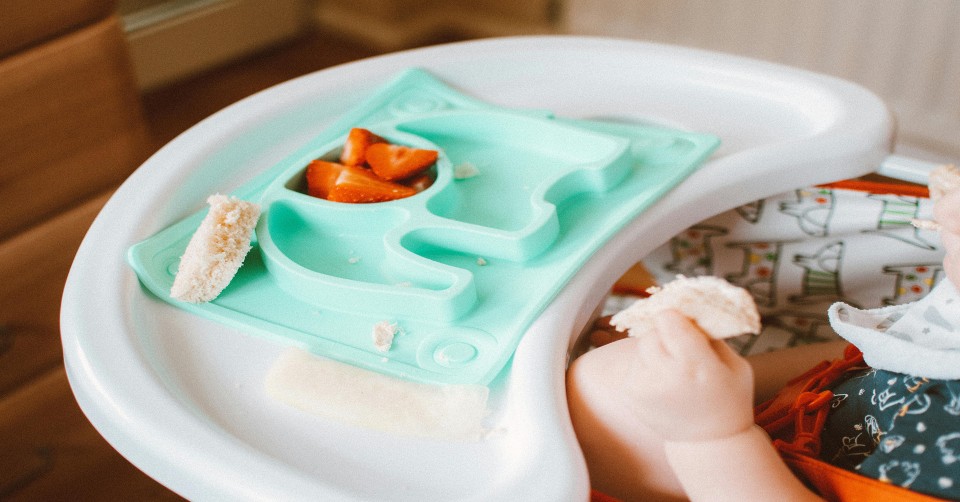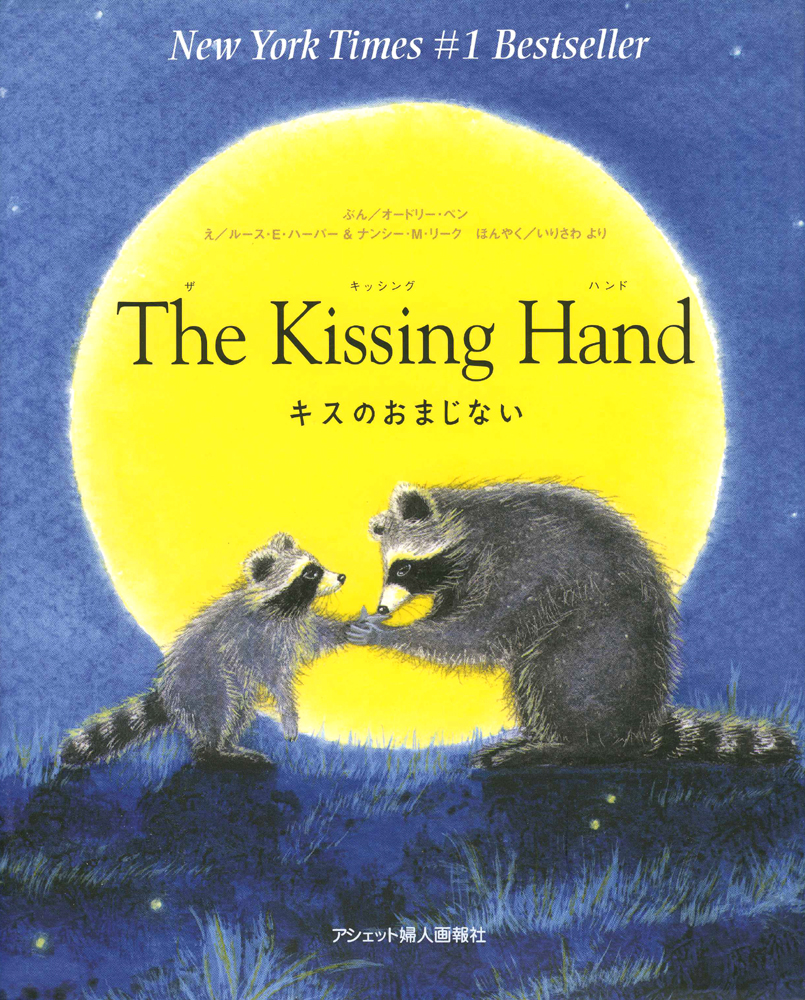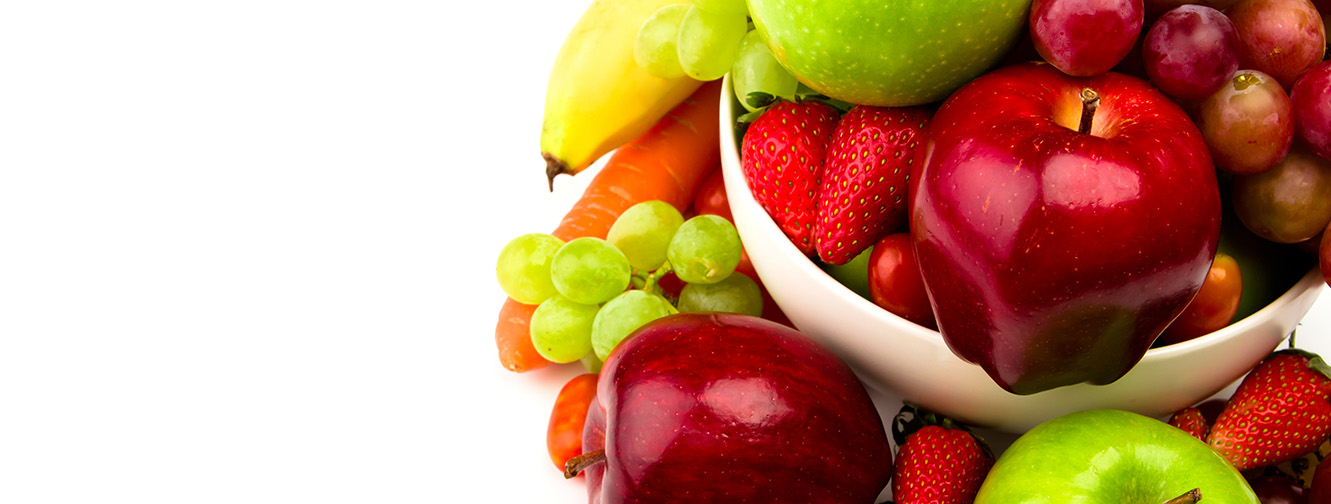Infants 4-6 Months
11 Foods to Avoid Giving to Babies
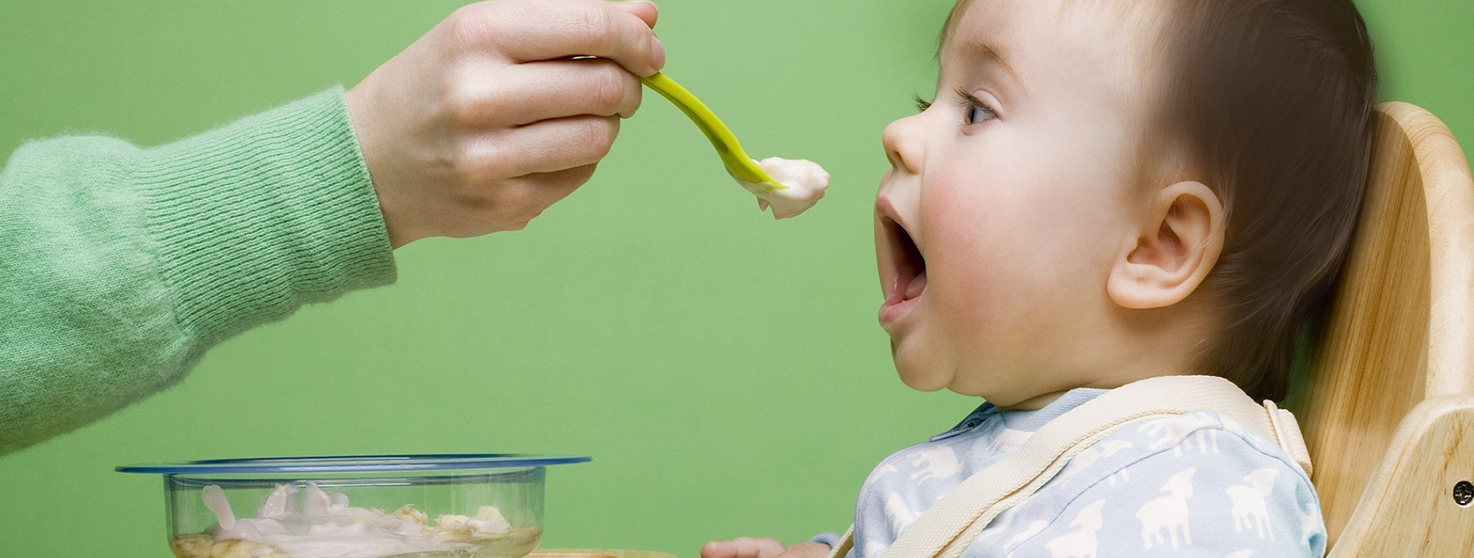
Breast milk is the best nutrition for infants during the first six months of life. So, they can grow and develop, and get ready to experience the different food tastes and textures and make them part of his daily diet. Starting solids is one of the great milestones in a baby’s first year of life. While infants’ natural curiosity means they will be attracted to everything going into your mouth, there is good reason to limit what you let them put into theirs. Around the six months mark, go ahead and let them explore a variety of new tastes and textures.
But keep in mind these food items, which most health experts agree should be avoided until after your baby turns one-year old.
-
Cow Milk:
Stick to breast milk or formula for our child’s first year. Cow’s milk is hard for the baby to digest and has minerals that can damage their still developing kidneys. Milk is fine in yogurt or baked goods, though. Allergy from the protein can cause diarrhea and other symptoms of allergy.
-
Honey:
It is sweet and natural, but there is an off chance it may contain Clostridium Botulinum bacteria that can cause Infant Botulism. Constipation, floppy movements and difficulty sucking from the breast or bottle are all signs of Infant Botulism. It does not typically happen in babies over one year old or adults because mature digestive system can fight off this type of botulism.
-
Caffeine sources:
Prevent the negative effects of caffeine on your little one by simply not introducing him to any dietary caffeine source, like soft drinks, tea and chocolate.
-
Seeds, nuts, peanut butter:
It is highly important that you avoid offering your baby nuts and seeds. Not only are they highly allergenic, but they’re also one of the most common foods to cause choking injuries and deaths.
-
Fish and shellfish:
Mercury levels in mackerel, shark, swordfish and tuna are too high to be consumed by children under a year old. If seafood allergies run in the family hold off on any fish until after the child turns 1 or 2 and shellfish until they are 3. Oysters and lobster in particular can induce deadly allergic reactions, so wait until your child is 3, even if there is no history of allergies.
-
Salt:
Make sure you do not serve your infant more than 1 g of salt a day, and it would be better if you limit his intake to the sodium he gets from your milk, because the kidneys of a little baby cannot handle too much sodium. Keep in mind, too, that many processed foods, especially ones not formulated for babies, contain too much sodium for babies and should be avoided.
-
Sugar:
Do not add sugar to your infant’s diet, neither as sweets nor as sugar in its commercial form, as this type of food can weaken his immune system and damage his baby teeth.
-
Berries and citrus fruits:
Strawberries, blueberries, raspberries and blackberries contain a protein that is hard for infants and early toddlers to digest. Citrus fruits, such as oranges and grapefruit, are highly acidic and can cause an upset stomach and rashes in the diaper area or even on baby’s back or face. It’s best to wait until after the first year to introduce these popular, healthy snacks and juices.
-
Egg whites:
Babies love eggs, but severe allergic reactions to eggs, especially egg whites, are extremely common. If you really want to give your baby eggs, separate the whites and cook the yolks thoroughly or boil the eggs and peel away the whites before serving.
-
Food that is either sticky or really hard (popcorn, marshmallows, hard candies)
they can cause your baby to choke. Hard candies, including lollipops, are best delayed until a child is old enough to brush his own teeth.
-
Hard Raw Vegetables and Fruits:
The sizes and firmness of raw carrots are the third biggest choking hazard for young kids. Especially, baby carrots because they are produced in just the right size to get stuck in children’s throats. Same applies to raw fruits, like grapes. Therefore, it is better to cut the fruit into smaller pieces then you’re good to go. Or, you can mash softened carrots that have been cooked in water, this is the safest way to give your baby a daily dose of beta carotene.




